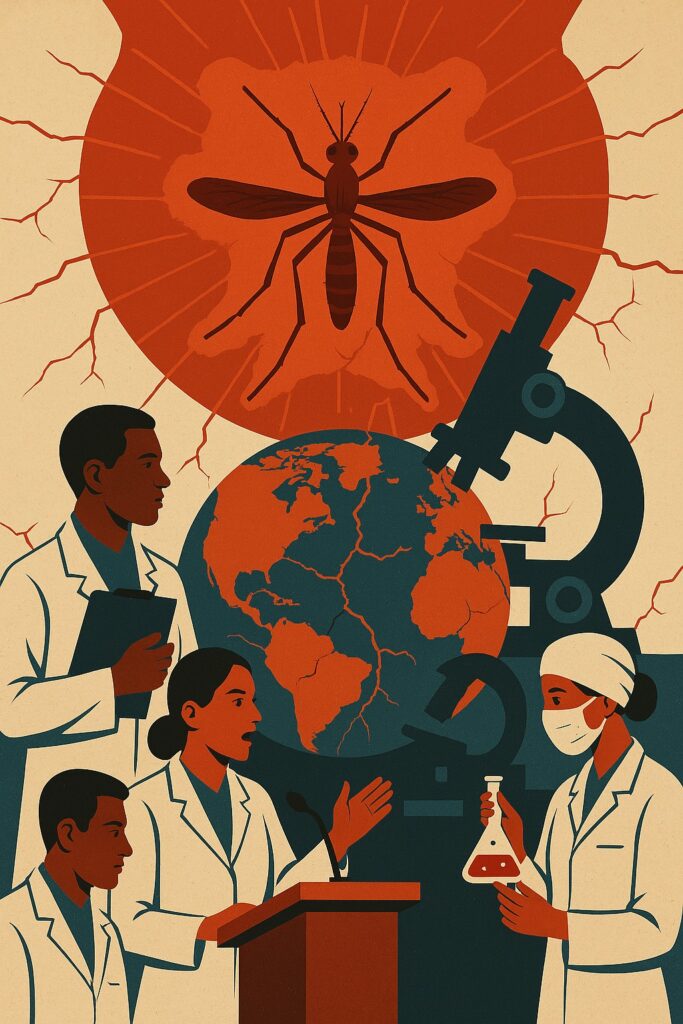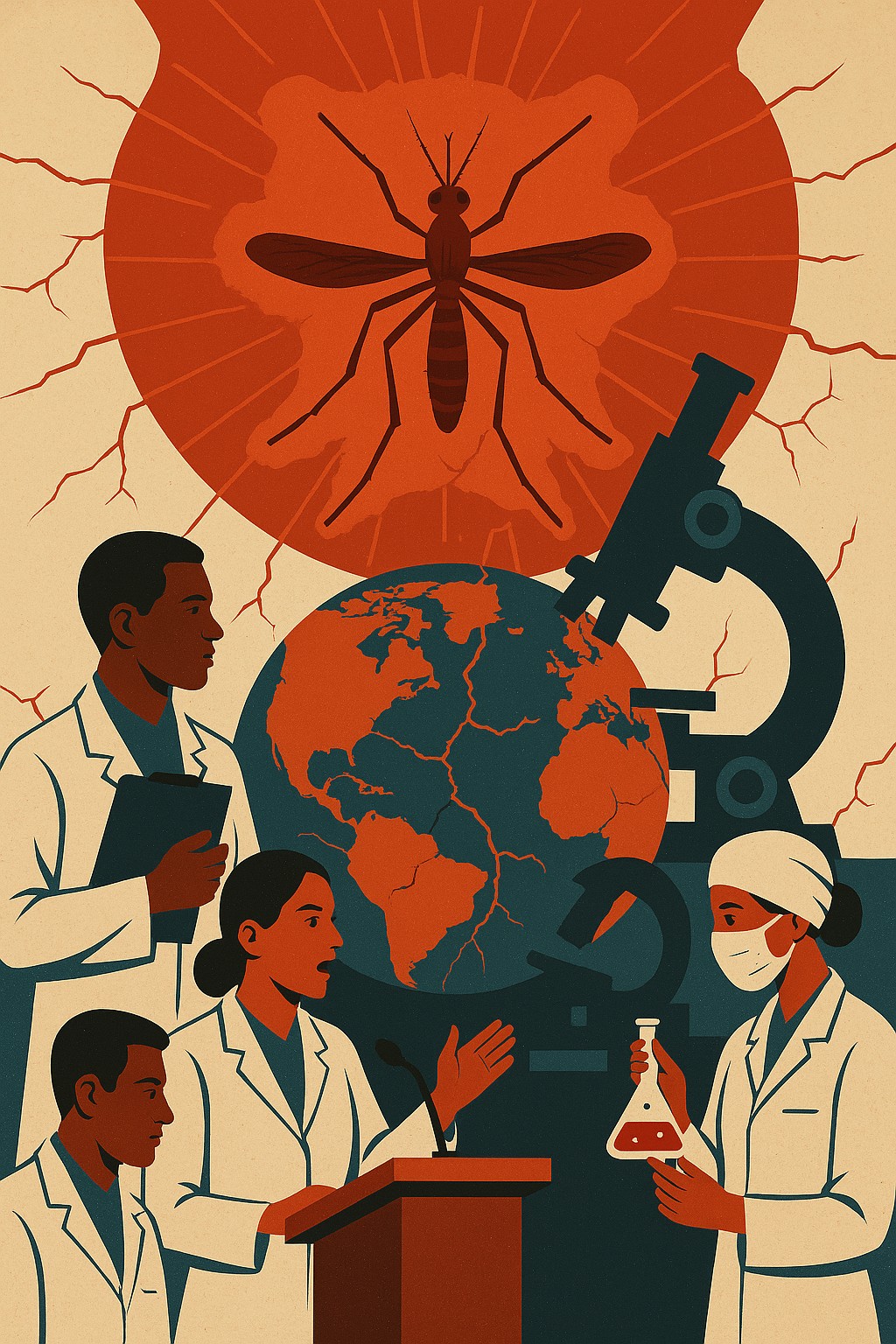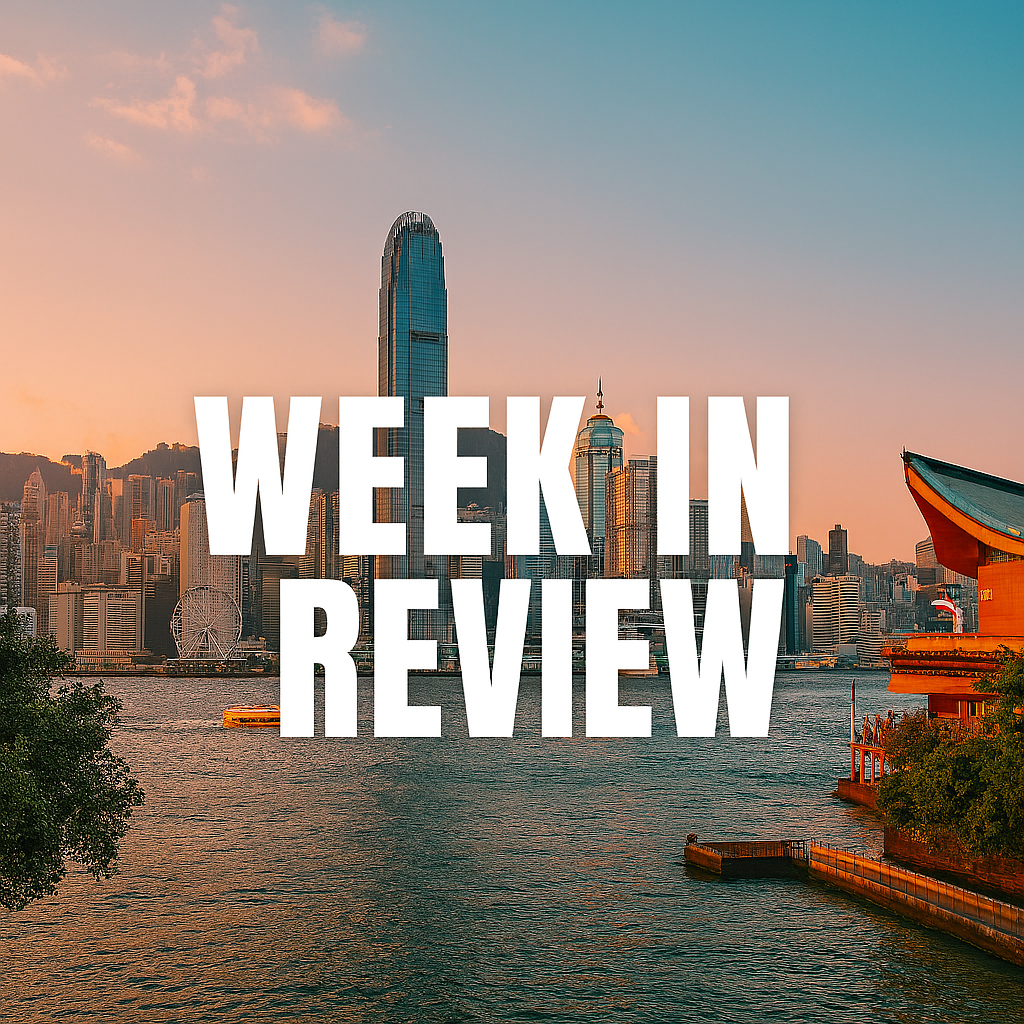
The global dengue crisis has reached alarming levels, prompting urgent action at the 8th Asia Dengue Summit held in Manila. With over 14 million cases reported worldwide—most concentrated in Asia—health experts and government officials from 22 countries gathered to discuss strategies for combating the deadly virus.
Dengue, a mosquito-borne disease, has long plagued tropical and subtropical regions, but 2025 is shaping up to be the worst year on record. The extreme climate shifts caused by El Niño have led to higher temperatures and increased mosquito populations, fueling the surge in infections. In response, summit attendees have proposed more aggressive prevention campaigns, including vaccine rollouts, enhanced urban mosquito control, and improved patient care in hospitals.
Countries like Singapore and Thailand have successfully implemented new AI-driven surveillance systems that predict dengue outbreaks using weather and population density data. This model, experts argue, should be adopted across Asia. Meanwhile, the Philippines continues to struggle with controlling its outbreak, with hospitals reaching capacity and medical personnel calling for more resources.
The World Health Organisation (WHO) has emphasised the urgency of the situation, warning that dengue could become a year-round crisis unless nations work together to strengthen cross-border collaborations. Health officials are pushing for increased funding in vaccine research and better mosquito eradication programs to prevent dengue-related fatalities from escalating further.
Each of these stories reflects major developments with long-term implications for global security, technology, and public health. Want me to add any other perspectives or expand on a particular angle?




